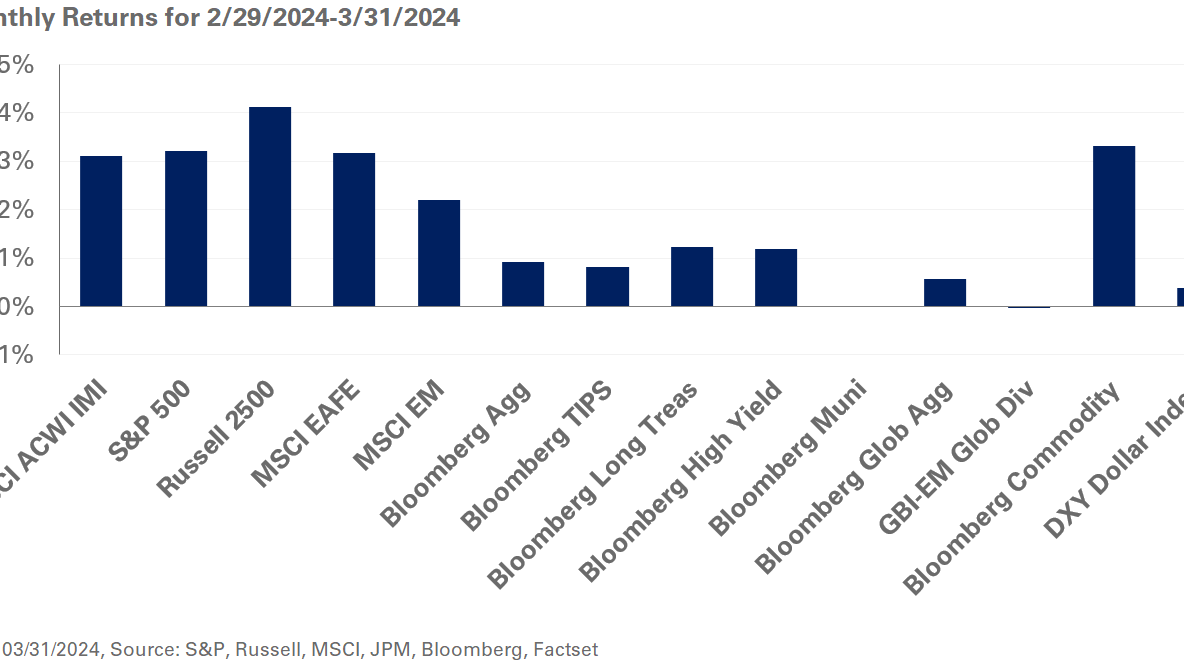Investors in public markets are showing some tough love for venture-backed companies.
As an abundance of venture capital allows startups to remain private for longer, companies are tapping public markets at a later stage. As a result, the initial public offerings of many of these companies come with lofty valuations, aggressive growth strategies and, often, a protracted path to profitability. With the publicly-traded stocks of heavy-hitters, such as Lyft, Uber and Peloton, suffering from recent declines despite their successful debuts, public-market investors are stepping up their scrutiny of potential newcomers. Case in point: WeWork, an office sub-leasing company, indefinitely postponed its IPO amid tumbling valuations fueled by mounting concerns around its governance and (lack of) profitability. For limited partners invested in the funds backing these companies—especially those that came in at later stages—the poor performance of an IPO or an inability to go public can make it challenging to meet target returns. This can force venture-backed companies to continue as private entities and further delay tapping public sources of liquidity.
At NEPC, we believe investors should exercise caution when considering venture-capital funds focused on the later stages, where valuations may not be supported by the broader public market. We believe investing in early-stage venture remains attractive as even in cases of IPOs trading down, the ultimate return for early-stage investors should still be meaningful relative to overall fund returns.
To be sure, not all newly public companies are stumbling. The IPOs of lesser known unicorns—private start-ups valued at $1 billion or more—have fared well in public markets. For instance, Dynatrace, Crowdstrike, Zoom and Datadog went public this year with valuations totaling billions (albeit not the tens of billions) of dollars. While their brands aren’t as recognizable as consumer-facing startups, it seems fair to say that startups that have enjoyed success in public equity markets are mostly the ones that debuted with tempered valuations, leaving their share prices with room to grow.
Stay tuned as we continue to closely watch the venture space, be it in America, Europe or Asia.



